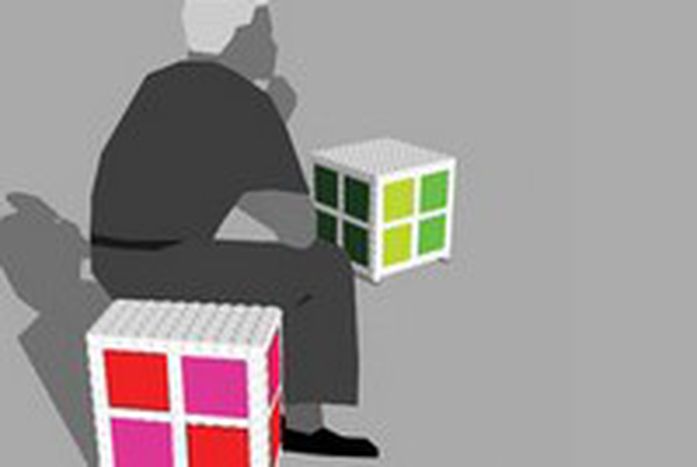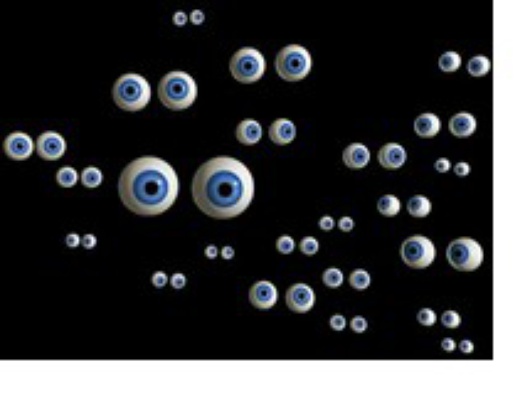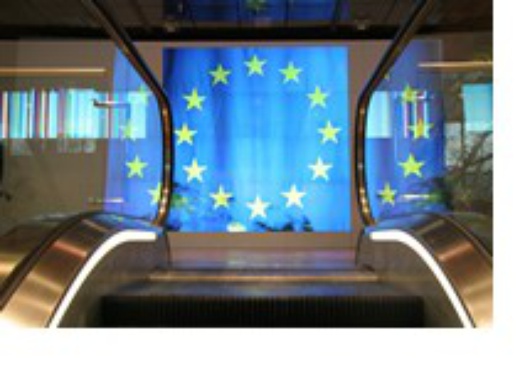
Ars Electronica: when Second Life becomes First Life
Published on
Translation by:
 alison clarke
alison clarke
From 5 to the 11 September Linz will host one of the most important digital arts festivals. For the occasion one of the main streets in the city centre will be transformed into its virtual alter ego
 Conferences, round tables, interactive installations and 3D simulations: these and much more are promised by the Ars Electronica Festival, one of the most important electronic arts events, which is taking place in Linz from 5 to 11 September. When the first festival opened, way back in 1979, the Austrian city boasted neither PCs nor the internet, and few would have thought that technology could influence culture to such an extent. Linz was a polluted city, with an economy based on the iron and steel industries rather than on culture. Twenty years on, the festival has become an essential event not only for digital arts enthusiasts, but also for philosophers, legal experts and free thinkers from all over Europe who want to familiarise themselves with themes that range far beyond technology. Linz itself has become a delightful little city which attracts the attention of both tourists and businesses.
Conferences, round tables, interactive installations and 3D simulations: these and much more are promised by the Ars Electronica Festival, one of the most important electronic arts events, which is taking place in Linz from 5 to 11 September. When the first festival opened, way back in 1979, the Austrian city boasted neither PCs nor the internet, and few would have thought that technology could influence culture to such an extent. Linz was a polluted city, with an economy based on the iron and steel industries rather than on culture. Twenty years on, the festival has become an essential event not only for digital arts enthusiasts, but also for philosophers, legal experts and free thinkers from all over Europe who want to familiarise themselves with themes that range far beyond technology. Linz itself has become a delightful little city which attracts the attention of both tourists and businesses.
In search of web privacy
'The festival has become a symbolic event for the city: it represents the will to change, the search for a new identity beyond the toxic clouds of the factories,' says Gerfried Stocker, this year’s festival director. Ars Electronica 2007 offers an ambitious, compelling and up-to-date theme which has inspired science fiction of various kinds, from the dark stories of Isaak Asimov and Philip Dick to the more socially engaged works of George Orwell and Ray Bradbury: that of privacy. 'In a society which is advancing at frantic speed,' Stocker explains, 'it is our responsibility to ask ourselves questions and to stop and think for a moment. Our aim is to push the European decision-makers into extending the right to privacy to their citizens. The Internet is a wonderful cultural transmitter, but often behind what seems to be a tool aimed at satisfying the needs of its users the commercial interests of the multinationals can be found.'
A programme for all tastes…
 The festival timetable is packed with events. Among these are numerous conferences dedicated to the relationship between the media, progress and democracy, design exhibitions, interactive presentations of work and round tables which bring together more than 500 of the artists involved. One of the most anticipated events is an unprecedented initiative involving the central Marienstrasse, once a very busy road which lately has become empty of pedestrians and shops due to the construction of a new shopping centre nearby. For a week it will become as lively as before, thanks to a new guise taken from the popular virtual community Second Life. The street will in fact be decked out in imitation of its virtual ‘double' for a workshop which will overturn the conventional links between First and Second Life; it hints at the slight irony of the ‘extreme technologies’ which often lead people to forget that the real world is the one which you can touch with your hands, not the pixelated, liquid crystal one.
The festival timetable is packed with events. Among these are numerous conferences dedicated to the relationship between the media, progress and democracy, design exhibitions, interactive presentations of work and round tables which bring together more than 500 of the artists involved. One of the most anticipated events is an unprecedented initiative involving the central Marienstrasse, once a very busy road which lately has become empty of pedestrians and shops due to the construction of a new shopping centre nearby. For a week it will become as lively as before, thanks to a new guise taken from the popular virtual community Second Life. The street will in fact be decked out in imitation of its virtual ‘double' for a workshop which will overturn the conventional links between First and Second Life; it hints at the slight irony of the ‘extreme technologies’ which often lead people to forget that the real world is the one which you can touch with your hands, not the pixelated, liquid crystal one.
…and an ever more transnational one
For the first time a branch of the festival will open in Vienna and a new offshoot will be launched in the Ukraine, in Kiev: the reason being the prize of the animation festival, a display of digital animation with a programme expressly dedicated to the under-20s. This year, moreover, many artists hailing from the Far East will take part in the Linz festival. 'We wanted to show that we were even more widely open,' Gerfried Stocker explains, 'so that we could fulfill our aim of filtering through, on a European level, the signs that are coming from the rest of the world: we need, above all, to unite.'
After 28 years, therefore, the Austrian festival still shows no signs of slowing its growth. This year it has attracted investment from Microsoft, whose logo figures among the main festival sponsors. Presented in this way, the juxtaposition with the privacy theme seems a little ironic. 'They are sponsoring us, but not influencing us,' says Stocker firmly. 'If we move away from the main actors, we change anything. We need to have the courage to establish a dialogue with them, recognising their importance but trying to keep a proactive and critical approach towards them.'
Translated from Ars Electronica: quando la Second Life diventa First


